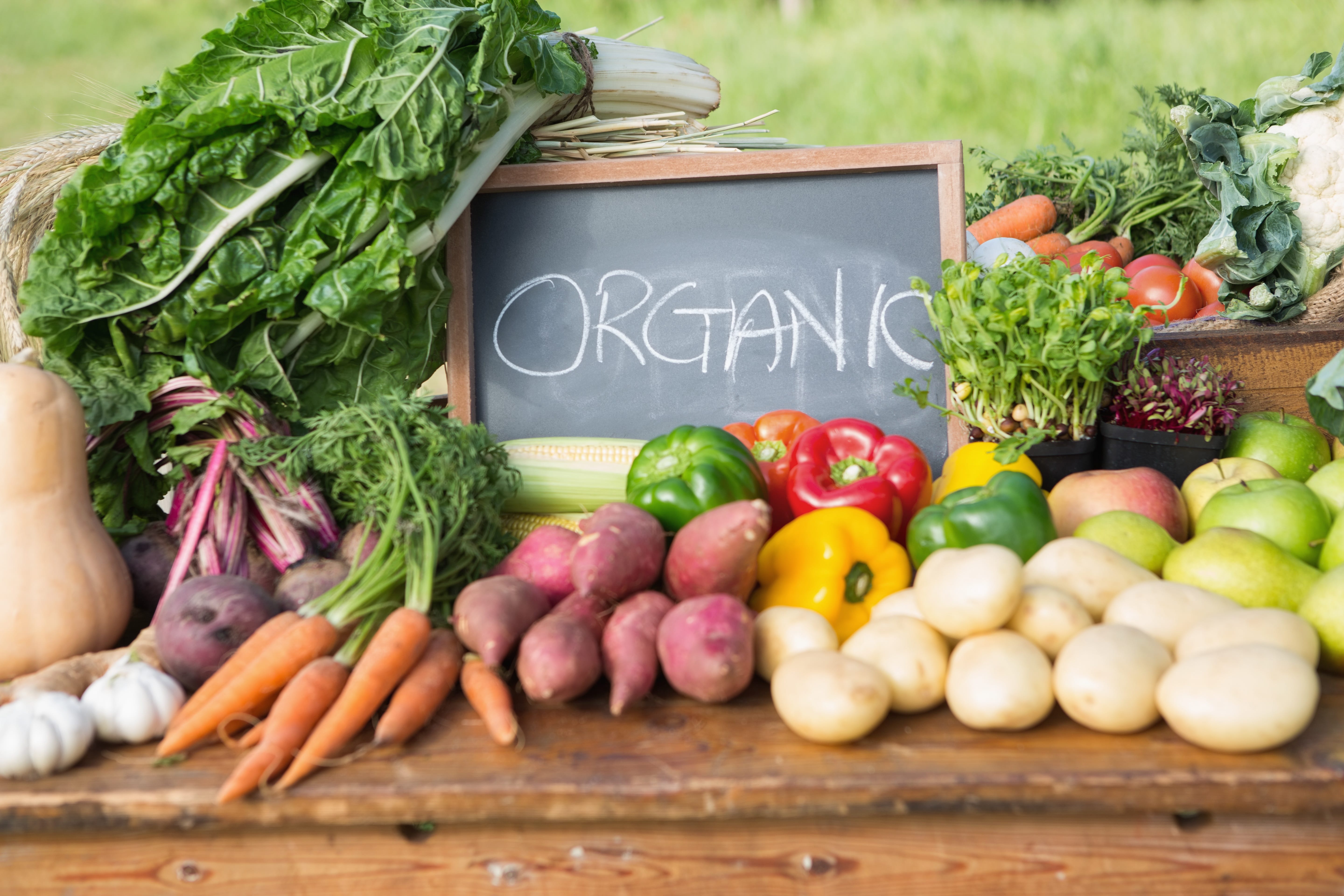
Understanding Organic vs. Non-Organic Produce
Explore the differences between organic and non-organic produce, including health, environmental, and cost considerations.
What Defines Organic Produce?
When shopping for produce, you may notice labels like "organic" prominently displayed. But what exactly does this mean? Organic produce refers to fruits and vegetables grown without the use of synthetic fertilizers, pesticides, or genetically modified organisms (GMOs). Farmers cultivating organic crops rely on natural substances and physical, mechanical, or biologically based farming methods to the fullest extent possible. This often involves practices such as crop rotation, green manure, and composting, which aim to enrich the soil and promote ecological balance. The certification process for organic produce is stringent, ensuring that from seed to shelf, the produce adheres to these sustainable practices. Consumers often choose organic options for perceived health benefits, environmental considerations, and to support sustainable farming practices. However, it's important to understand what organic truly means to make informed choices about your grocery shopping.
Nutritional Differences: Fact or Myth?
A common question among consumers is whether organic produce is more nutritious than its non-organic counterparts. While some studies suggest that organic produce may contain higher levels of certain nutrients, such as antioxidants, the scientific community has yet to reach a consensus. The differences in nutritional content can vary depending on the type of produce, farming practices, and environmental conditions. It's crucial to recognize that both organic and non-organic fruits and vegetables are important sources of essential nutrients. Therefore, the decision to choose organic should not solely be based on nutritional content. Instead, consider other factors such as environmental impact and personal health priorities. Ultimately, a diet rich in a variety of fruits and vegetables, regardless of their organic status, contributes significantly to overall health.
Environmental Impact: Organic vs. Non-Organic
The environmental impact of farming practices is a significant consideration for many consumers. Organic farming is often praised for its environmentally friendly practices. By avoiding synthetic chemicals, organic farming reduces pollution and conserves water and soil quality. It also encourages biodiversity, which can lead to healthier ecosystems. However, organic farming can sometimes require more land to produce the same yield as conventional methods, potentially impacting land use efficiency. Non-organic farming, while often criticized for its use of synthetic chemicals, can be more land-efficient and has the potential to produce higher yields. As with any agricultural practice, there are trade-offs, and the choice between organic and non-organic produce may depend on which environmental factors are most important to you.
Economic Considerations
The price difference between organic and non-organic produce is a significant factor for many shoppers. Organic products often come with a higher price tag due to more labor-intensive farming practices and the cost of organic certification. These additional costs are passed on to consumers, making organic produce less accessible for some. On the other hand, non-organic produce is typically more affordable, benefiting from economies of scale and less expensive farming methods. However, some consumers are willing to pay the premium for organic produce, believing it offers better health benefits and supports sustainable agriculture. It's important to weigh the economic impact on your budget against your values and priorities when deciding between organic and non-organic options.
Health and Safety Concerns
Health concerns are a major driver for those opting for organic produce. The absence of synthetic pesticides and fertilizers in organic farming is appealing to consumers looking to minimize their exposure to potentially harmful chemicals. Some studies have linked long-term exposure to certain pesticides with health risks, prompting a preference for organic options. However, it's worth noting that non-organic produce is subject to strict regulations regarding pesticide use, ensuring that residues remain within safe limits. Washing and peeling fruits and vegetables can further reduce pesticide residues, making non-organic produce a safe choice for many. Whether you choose organic or non-organic, the health benefits of consuming a diet rich in fruits and vegetables are well-documented.
Making Informed Choices
When it comes to choosing between organic and non-organic produce, there is no one-size-fits-all answer. Your decision may be influenced by a variety of factors including health concerns, environmental impact, and budget constraints. To make informed choices, consider what matters most to you and your family. For some, supporting sustainable agriculture and reducing chemical exposure is worth the higher cost of organic produce. For others, affordability and accessibility may take precedence. Remember that the most important aspect is to consume a wide variety of fruits and vegetables, which are key to a healthy diet. Whether organic or non-organic, incorporating fresh produce into your meals is a step towards better health and well-being.